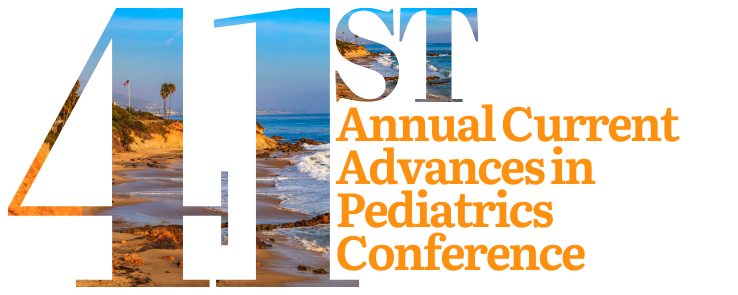Screening for ACEs and Offering Hope
By Reshmi Basu, MD, FAAP
I was recently doing a well child check on one of my patients, a nine-year-old girl, who I have been seeing since she was a toddler. At this visit, this mom shared that her young daughter began experiencing mild anxiety. I conducted the ACEs screening and to my surprise, my patient’s Adverse Childhood Experience (ACE) score was 3. In our practice, we use an ACEs screening which is a de-identified screen, meaning as providers, we do not know what specific traumas a child experienced, but just that the traumas exist, or existed at some point in their life. Having known the family for so many years, I never realized that they had experienced this many adverse events in their lives. I did not realize it because I had never asked. I spent time explaining to her mother why we screen for ACEs and the future possible health risks of having and neglecting ACEs. I then spent even more time offering what I could: hope. I explained that there are steps she could take to address the effects of these adverse events in her daughter’s life. We talked about resilience and mitigating factors for toxic stress – obvious things such as good sleep, nutrition, exercise, mindfulness activities, and loving relationships. My patient’s mom was very open to this discussion, and she left that appointment more aware and hopeful. She appeared motivated to create an environment for her daughter that would combat the ACEs they had experienced. This girl’s ACEs score is a part of her and cannot decrease, but her response to these stresses can change. In turn, I am hopeful that these actions equipped her mom to support her daughter to better manage her anxiety.
Write and Share your own ACEs Story!
Learn more about the science of ACEs and toxic stress
Get certified to screen patients for ACEs


